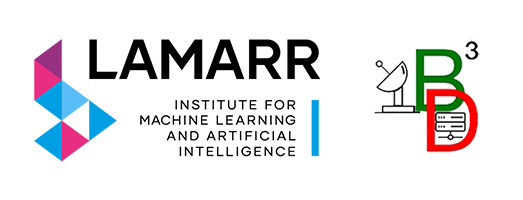We would like to discuss neural representation(s) of radio data and algorithms working on this representations, like cleaning, filtering, source finding or visualisation of data cubes e.g. Neural representations could be one solution to bridge the gap between high quality but very slow image generation in the data center and the interactive or even real-time visual analysis of data by humans...
Discussion of the application of time series analysis across diverse physics domains. Participants will explore use cases from areas such as astrophysics, climate science, particle physics, and more, where time series data is critical for capturing temporal dynamics.
As part of the PUNCH4DFDI project at the Max Planck Institute for Radio Astronomy, a deep learning-based pipeline is being developed for the automatic classification of astronomical radio signals in real-time. A prototype utilizing deep learning techniques has been created to classify emissions from the pulsar in the Crab Nebula. The next step involves expanding the model's capabilities to...
We aim to set up a training in Lamarr to help domain experts (e.g. physicists) and ML experts (e.g. computer scientists) to discuss common research more efficiently in order to identify the machine learning task at hand and set up a fruitful collaboration. In this discussion group we would like to use you as guinea pigs for a first test of our approach, collect your feedback and ideas for...
The time scale of data-taking established large-scale experiments in astroparticle physics can provide allows, by now, for long-term analyses performed on the respective data. Besides known analysis approaches based on statistical methods, we want to explore and discuss openly the prospects and ideas of AI application to these long-term datasets and the new insights possibly to be gained on...
Processing massive scientific datasets is challenging. Avoiding memory bottlenecks without having to rewrite existing software often involves breaking up and analyzing data in smaller chunks, a process both inefficient and unsuitable to exploit the scientific value of the data. To address this problem, at FZJ we co-develop the Python library Heat [https://github.com/helmholtz-analytics/heat]....
We aim to set up a training in Lamarr to help domain experts (e.g. physicists) and ML experts (e.g. computer scientists) to discuss common research more efficiently in order to identify the machine learning task at hand and set up a fruitful collaboration. In this discussion group we would like to use you as guinea pigs for a first test of our approach, collect your feedback and ideas for...

